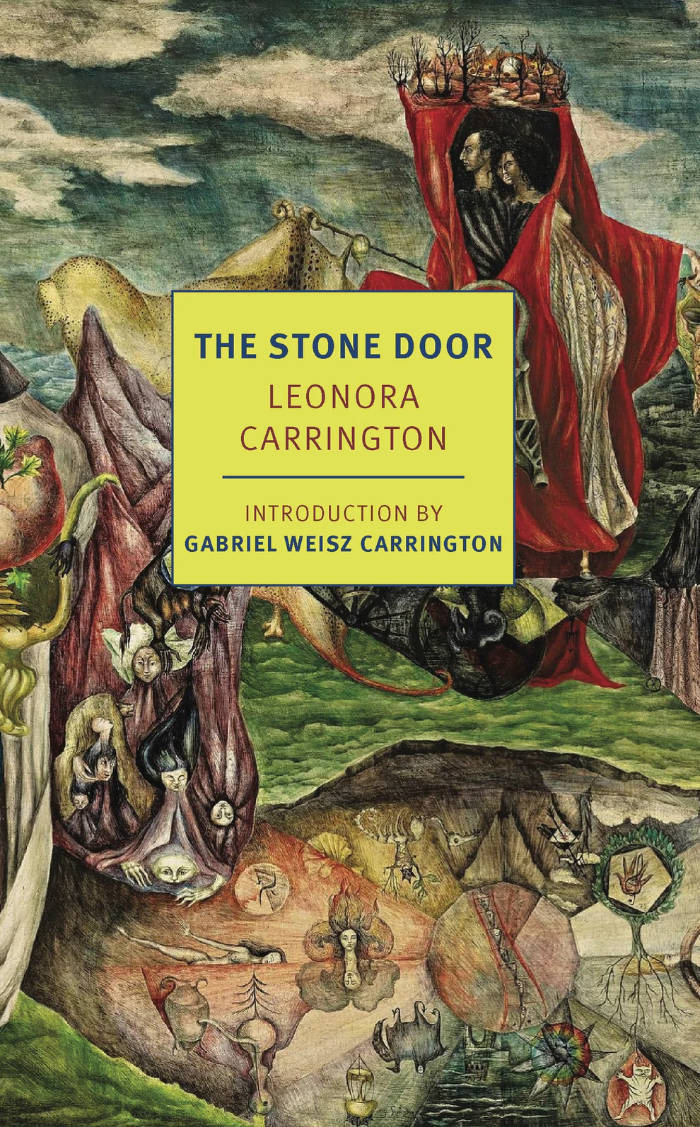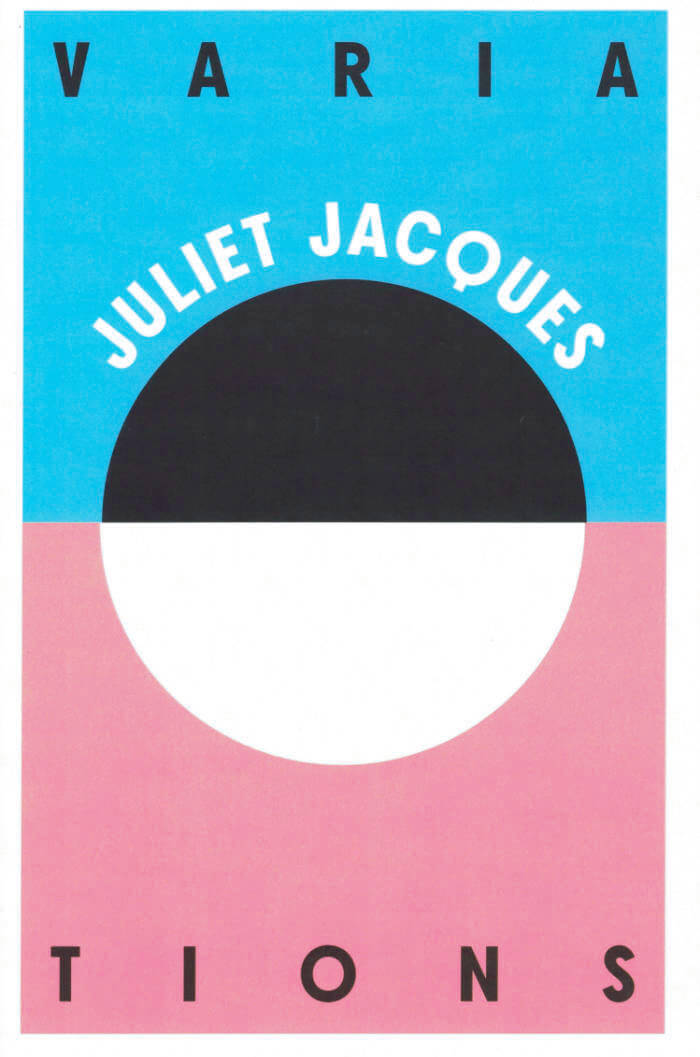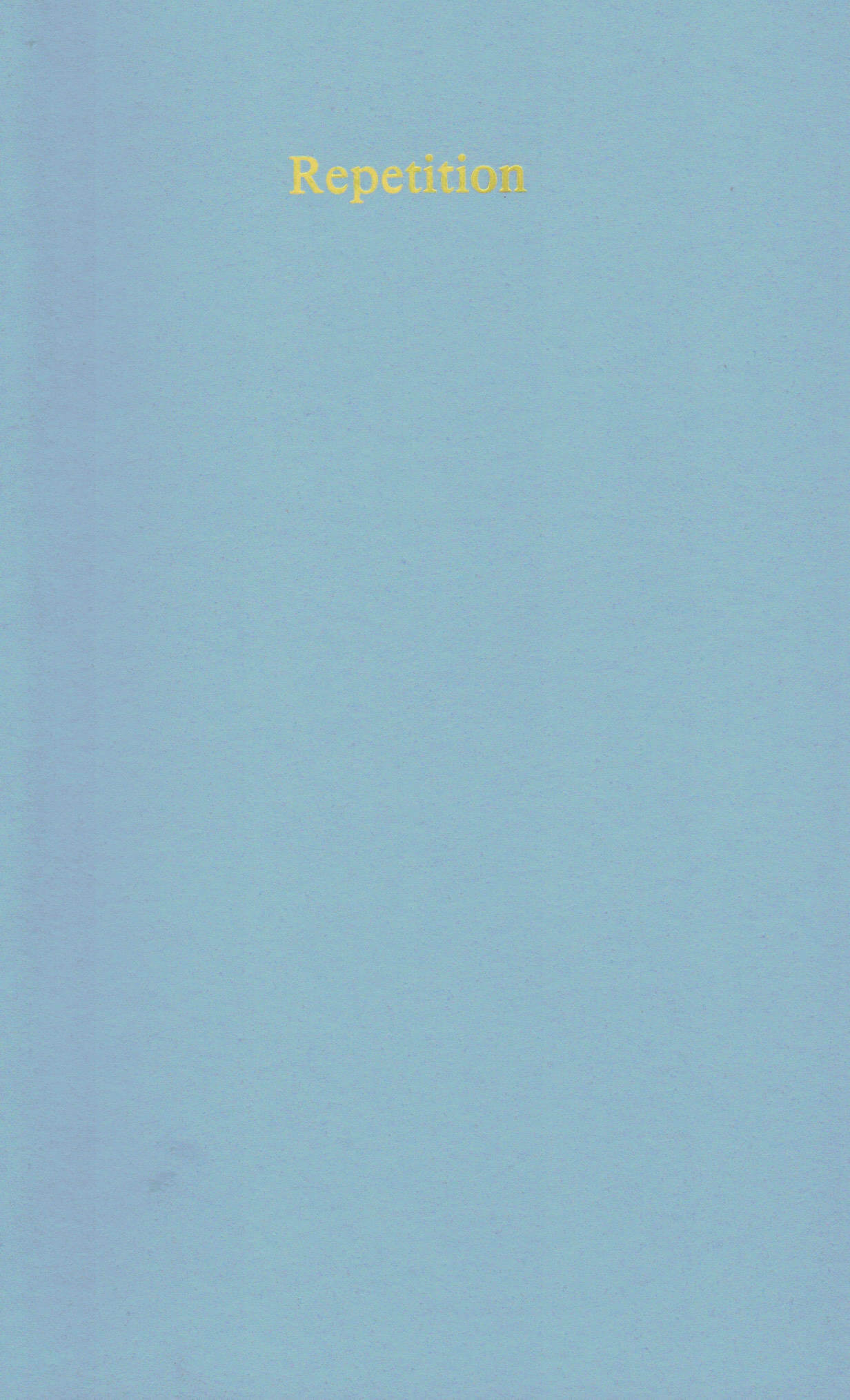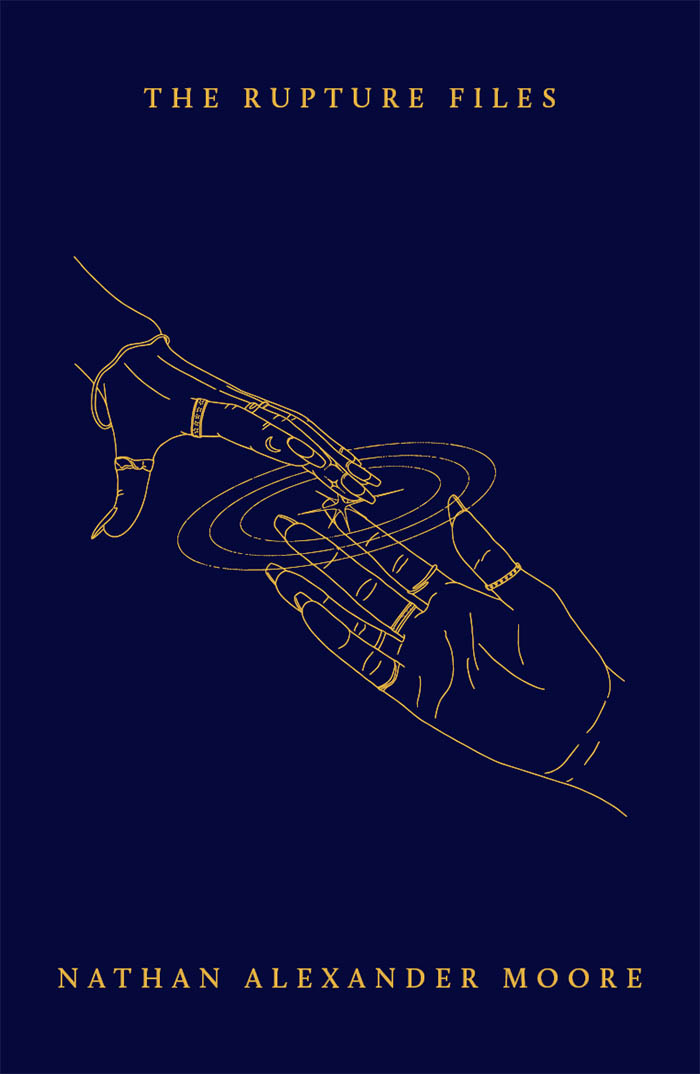An English translation of Peter Handke’s 1986 novel Repetition, previously out of print for a quarter of a century.
“In Repetition, Handke allows the peculiar light which illuminates the space under a leafy canopy or a tent canvas to glisten between words, placed here with astounding caution and precision; in doing so, he succeeds in making the text into a sort of refuge amid the arid lands which, even in the culture industry, grow larger day by day.” —W. G. Sebald
“In his earliest work … Handke found a way of conveying a state of mind … where words seem to come between you and the world, where nothing coheres or appears natural, and from the vantage-point of which the ease with which other people talk and go about their business seems deeply suspicious. But just as Kafka felt there were moments when, miraculously, a written sentence – even one written by himself – seemed full light, seemed to fill its own space and establish its own rhythm, and when even the whole story seemed mysteriously to stand as solidly in the world as a tree or a rock, so it has been with Handke. He has, in his later work, appeared to make a conscious effort to escape from the debilitating awareness of his own lack of authority or authenticity, and tried to write as though somehow the story were already written, had, in a sense, always been there… Repetition is the triumphant climax of his career so far…
What saves the book from the sort of sentimentality we find in John Berger’s recent work is first of all Handke’s uncanny ability to convey what it is this urge for pattern has to overcome, and secondly, his extraordinary attention to detail, historical, geographical, botanical, and linguistic. (No review can possibly convey the richness of Filip’s meditation on his brother’s two books, or Handke’s magical way with images.)
His narrative … is one of the most dignified and moving evocations I have ever read of what it means to be alive, to walk upon this earth.” —Gabriel Josipovici





